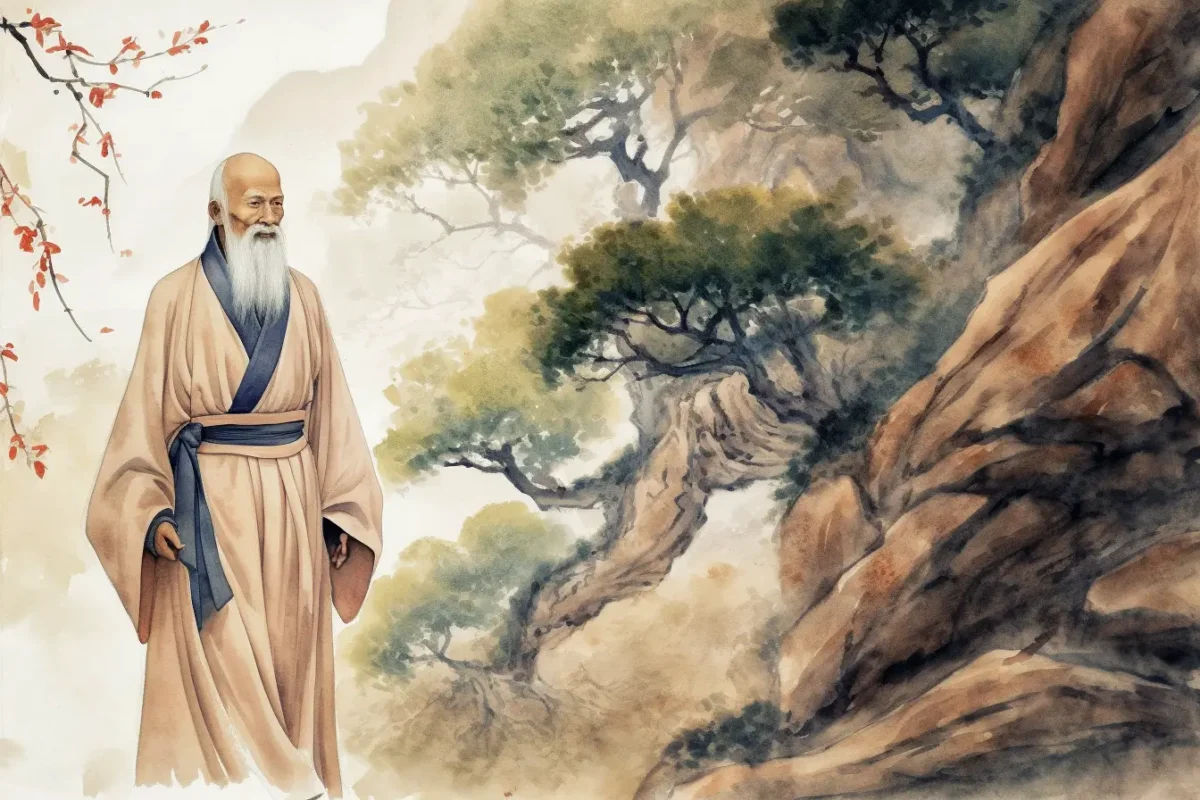Pursuing any goal can sometimes feel like a constant struggle against the shadows of the past and the anxieties of the future. The fear of past failures and the hope for future successes often take center stage, leaving us detached from the present moment. The wise Lao Tzu once said,
“If you are depressed, you live in the past. If you are anxious, you are living in the future. If you are at peace, you are living in the present.”
Let’s apply this profound wisdom to our lives.
The Ghosts of the Past
Past failures can cast long shadows. Whether it’s a missed opportunity or an effort that fell short, we all have moments of regret. These failures can shape our behavior, often making us overly cautious or aggressive. Living in the past can create a persistent sense of depression, clouding our decision-making and making us reactive rather than proactive.
It’s crucial to remember that each decision is independent of the last. An unsuccessful past attempt shouldn’t shape your next move. Acknowledge the lessons learned and move on. Every failure is a stepping stone to success, and every loss brings you one step closer to a win.
The Shadows of the Future
On the other side is the future—filled with promises of success and dreams of achievement. This focus on potential outcomes can fill us with anxiety. While having a plan is necessary, being overly attached to future results can lead to impulsive decisions and straying from our strategies.
Avoid the paralyzing grip of future anxiety by sticking to your plan. Formulate and follow a robust strategy, adjusting it based on real-time information. We cannot predict the future; we can only manage our actions and maintain a balanced approach.
The Power of the Present
Living in the present might be your most potent tool. In the present, you observe trends and adjust your strategy in real-time. You can take failures in stride, knowing they’re a part of the process, and you can stay balanced when you score big, recognizing that each win is just one part of your journey.
Being present means being focused. It requires an awareness of your environment and your internal state. Are you following your plan? Are your emotions under control? Are you taking care of your physical and mental health? These questions are crucial for anyone seeking better performance and clarity.
Practical Mindfulness
So, how can we cultivate this state of mindful living? Start by setting a clear intention each day. This could be as simple as, “Today, I will act mindfully and stay in the present moment.”
Practice mindfulness meditation. Even a few minutes each day can significantly improve your ability to stay focused and calm under pressure, both vital traits for success.
Throughout the day, take regular breaks to clear your mind. Stretch, walk, or close your eyes and breathe. These moments of pause can help reset your mind and bring you back to the present moment.
Lastly, keep a journal. Not just your actions but your emotions, thoughts, and physical state. This practice can provide insightful data about your habits and how you can improve. It’s also a great way to ensure you’re not veering into the past or future but staying grounded in the present.
In conclusion, remember that success is not just about achieving goals; it’s about achieving them in the right state of mind. As Lao Tzu hinted, true peace – and, in our context, true success – can only be found in the present moment. Letting go of the shadows of past failures and the anxiety of future results allows you to fully engage with what’s happening right now.
Achievement is more than crossing off to-do lists; it’s a mental game. Your state of mind can often be the difference between a good performer and a great one. It’s easy to get caught in the whirlwind of daily activities and lose sight of the present. However, mindful action is about slowing down, taking a breath, and focusing on the task.
Embrace the concept of ‘no-mind’ from Zen philosophy, where your mind is free of thoughts from the past and anxieties about the future. In this state, you can see your goals as they are, not clouded by fear or overconfidence, and make the best possible decisions.
Learning to operate in the present moment is not an overnight process. It’s a journey of self-discovery and self-improvement. It requires discipline, consistency, and the willingness to look inward and understand your psychological makeup. But the rewards of this journey are immense, leading to better results and a more balanced, less stressful experience.
Remember, the world is constantly changing; the past has passed, and the future is yet to come. The only constant is the present. Make it your ally, and you’ll discover a potent tool to transform your life.
Here’s to successful living in the present,

